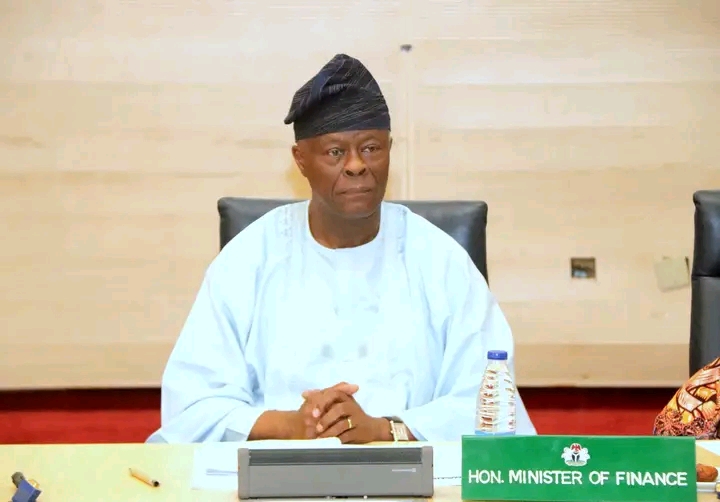By Abdul Lauya
The Federation Account Allocation Committee (FAAC) has disbursed a record ₦1.659 trillion to the three tiers of government for May 2025, marking the highest monthly allocation in Nigeria’s fiscal history.
The disbursement was confirmed in a communiqué issued after FAAC’s monthly meeting, which took place in Abuja in June 2025. The amount is part of the total gross revenue of ₦2.942 trillion generated in May, according to the Office of the Accountant General of the Federation.
Deductions from the gross revenue included ₦111.908 billion for cost of revenue collection and ₦1.171 trillion for statutory transfers, government interventions, and refunds. The balance of ₦1.659 trillion was shared among the Federal, State, and Local Governments.
The Federal Government received ₦538.004 billion, the 36 states collectively got ₦577.841 billion, while Local Government Councils received ₦419.968 billion. Additionally, ₦124.076 billion was allocated to oil-producing states as 13% derivation revenue.
Breakdown of the revenue sources reveals that statutory revenue contributed ₦863.895 billion, Value Added Tax (VAT) accounted for ₦691.714 billion, and Electronic Money Transfer Levy (EMTL) brought in ₦27.667 billion. Exchange rate gains added another ₦76.614 billion.
VAT revenue saw a notable jump of ₦100.555 billion from April, reflecting rising domestic consumption and improved tax compliance. Meanwhile, revenues from Companies Income Tax (CIT), Import Duty, and Excise Duty also showed upward trends.
However, income from Petroleum Profit Tax, Oil and Gas Royalties, and EMTL saw slight declines, an indication of continued volatility in Nigeria’s extractive sector amid global oil market uncertainties.
The record allocation signals a stronger fiscal position for the government and presents a rare window of opportunity for critical investments in infrastructure, public services, and economic reforms. Analysts suggest this could bolster confidence in public finance management, if matched by transparency and efficiency in expenditure across all tiers of government.
With Nigeria navigating post-reform economic turbulence, such historic revenue distribution could serve as a stabilizer, especially as inflation and cost-of-living pressures continue to strain household incomes.
For advert placement and inquiries, publication of press releases, and news coverages, please call: Phone: 08052898434 Email: editor@eyereporters.com, click here to view the advert rates.



